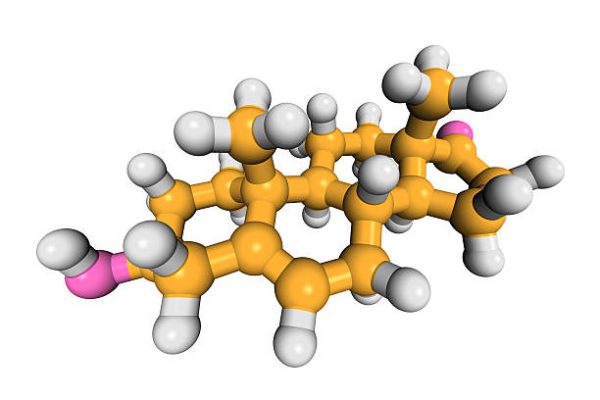general health
DHEA: An Overview of Benefits, Dosage, Safety, and Possible Side-Effects
DHEA (dehydroepiandrosterone) is an adrenal hormone produced in the adrenal glands and converted into other hormones. It is one of the most abundant hormones in the human body. DHEA plays a critical role in regulating many physiological processes, including:
- Adrenal function – DHEA supports a healthy stress response
- Hormones – DHEA supports the production of sex hormones and helps regulate thyroid activity
- Bone health – DHEA supports bone metabolism and prevents osteoporosis
- Energy production – DHEA improves energy levels
What is DHEA?
DHEA is a hormone that is naturally produced by the adrenal glands. It also occurs in small amounts in the brain and the pituitary gland. DHEA plays an important role in regulating body processes such as immune function, brain function, bone density, and reproductive function.
DHEA has been used for years to treat conditions such as menopause and eye disorders by increasing sex hormones, including estrogen and testosterone.
Health Benefits of DHEA
DHEA has been shown to have beneficial effects on health and well-being. Here are some of them:
- DHEA has been studied for its potential to improve mood, reduce symptoms of depression and anxiety, and increase energy levels.
- It has also been studied for its potential anti-inflammatory and anti-aging effects.
- DHEA supplements have also been used to improve sexual function and libido.
- Some studies have suggested that DHEA may help improve bone density, immune function, and insulin sensitivity.
- Improvement in Heart Health
- Prevention of Cancer
- Weight Loss
DHEA Dosage
The recommended dosage of DHEA supplements can vary depending on the individual’s age, sex, and health condition. Therefore, it is important to start with a low dose and gradually increase it under the guidance of a healthcare professional.
Buy Vitabase DHEA (50 mg) Online
DHEA Dosage Formula:
The recommended amount of DHEA for adult males is 3-6 mg per day, while adult females should take 2-5 mg daily. Children aged 11-18 years should take 1-3 mg daily, while children aged 9-10 years can take as low as 1 mg daily. For pregnant women, it’s recommended that they take 10 mg twice daily until delivery, then go back to taking 5mg twice daily afterward during breastfeeding.
Safety and Side Effects:
- DHEA supplements have yet to be fully evaluated for safety, and their long-term effects must be better understood.
- High doses of DHEA supplements may have serious side effects, including acne, hair loss, and changes in menstrual cycles.
- DHEA supplements may also interact with certain medications, such as blood thinners and steroid hormones.
- Pregnant or breastfeeding women and people with certain health conditions such as diabetes, heart disease, and certain cancers should avoid taking DHEA supplements.
Final Thought
Is it possible to boost your health naturally? Are there alternatives to expensive pharmaceuticals that offer the same health benefits without some of the side effects? Drawing on the latest scientific research, which offers evidence-based health benefits and potential risks, this article combines everything you need to know about DHEA, including dosage, safety, and side-effects.


